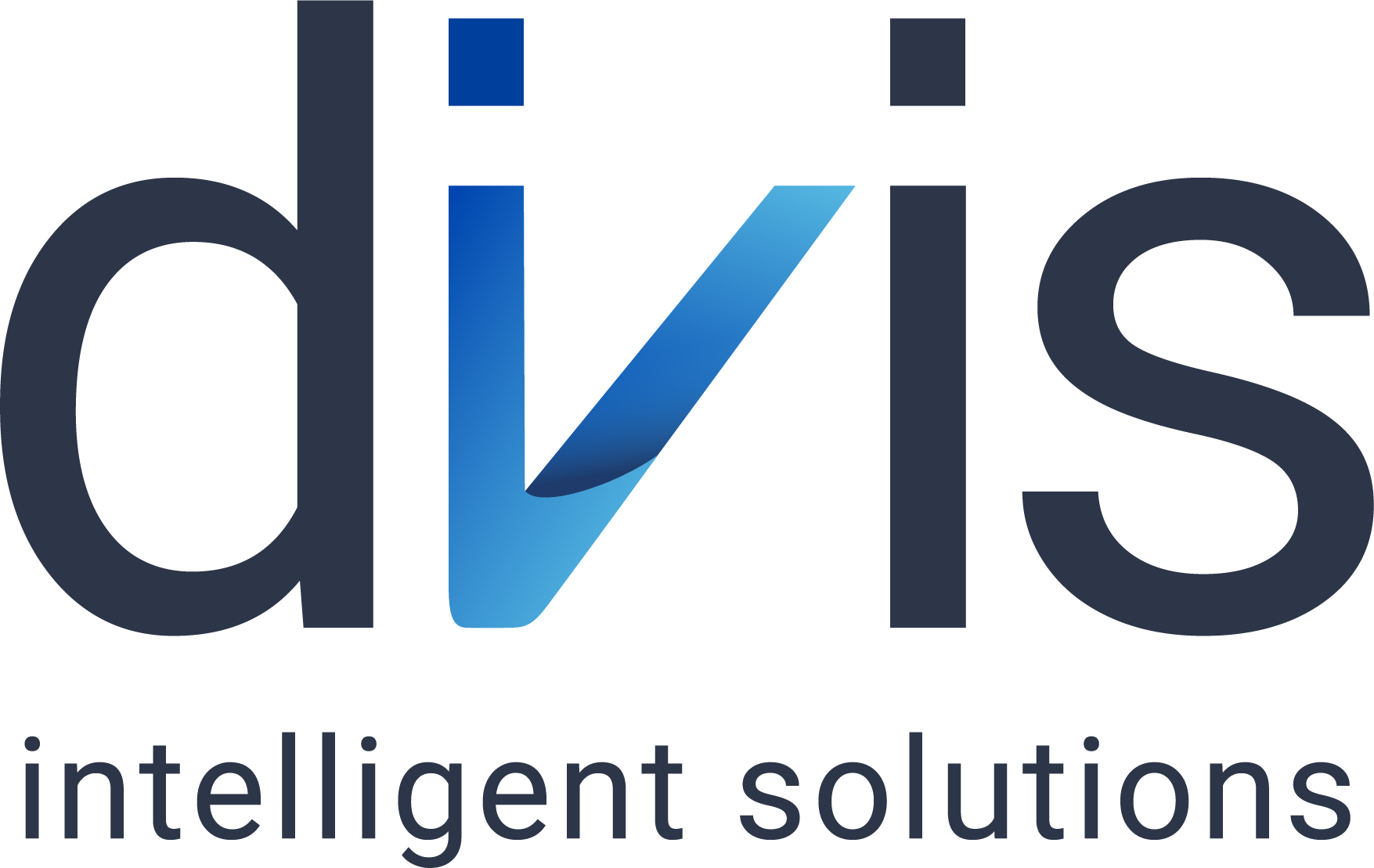Machine Learning for Production Process Optimization at IOI Oleo GmbH, Witten, Germany
The German production site of IOI Oleochemical is one of the leading European providers for oleochemicals. Besides active ingredients for pharmaceutics, emollients, emulsifiers, texturizers, and a large selection of multifunctional ingredients for cosmetics, IOI Oleo GmbH provides special esters and additives for the food industry. Process auxiliaries and greases for technical applications as well as basic oleochemicals, e.g. polyunsaturated fatty acids, complete our portfolio.
Furthermore, with their production capacities in Wittenberge and Witten, IOI is one of the leading providers of medium-chain triglycerides (MCT) in Europe. For the Witten production plant, divis was asked to solve a task concerning the production process of an important product which is produced in a batch process and subject to highest quality requirements. The production process was under pressure because only about half of all batches (50%) were of the required quality.
The task was to identify the essential parameters which influence the product quality and to give recommendations on how to set the process parameters in order to consistently get a product of ideal quality. This setting is called the “golden batch”.
To achieve this, we used machine learning methods to analyze the data of 29 batches, each as multivariate time series with nine sensor signals which are recorded in 20sec intervals. Based on this, we determined the influencing parameters and their dependencies, and built classification models for the product quality (ok vs. not ok). These models enabled us to find the main parameters affecting product quality, and the optimal setting. Together with the IOI process experts, we interpreted the results and deployed them on the real-world production process.
As a result, IOI is now able to produce 100% of the batches successfully, i.e., to produce a product that can be delivered to customers.
Our analysis process consist of the steps shown in the figure below. The task is a classification task, based on multivariate time series data. The analysis process includes steps of data preparation, exploratory data analysis (e.g., boxplots comparing the ok batches and the not ok batches), the computation and derivation of time series features, and the training of machine learning models to relate the feature vectors to the quality class. The key parameters affecting the classification result can then be identified and conclusions can be derived regarding the real process – and ultimately implemented on the real process.
Thomas Kummer, COO of IOI Oleo GmbH, about the results, “Thanks to the AI-experts of divis, we are now going the crucial step for the optimization of our product. We are very impressed by the results. The cooperation was very pleasant and we experienced the team as highly competent and efficient. We are using this approach also for other products of IOI Oleochemicals and are looking forward to further cooperation. We recommend divis as a competent partner. Next to the professional competence of Thomas Bäck’s team, we are also impressed by their ability to focus on our technical requirements and to employ AI-methods specifically, just as required by the task.”
The summary conclusion is: The product is now always within the required quality specification and can be sold to the customers.
Thomas Kummer, COO of IOI Oleo GmbH, summarizes this in a short (2.5 minutes) video, in German language only (englisch subtitles).

